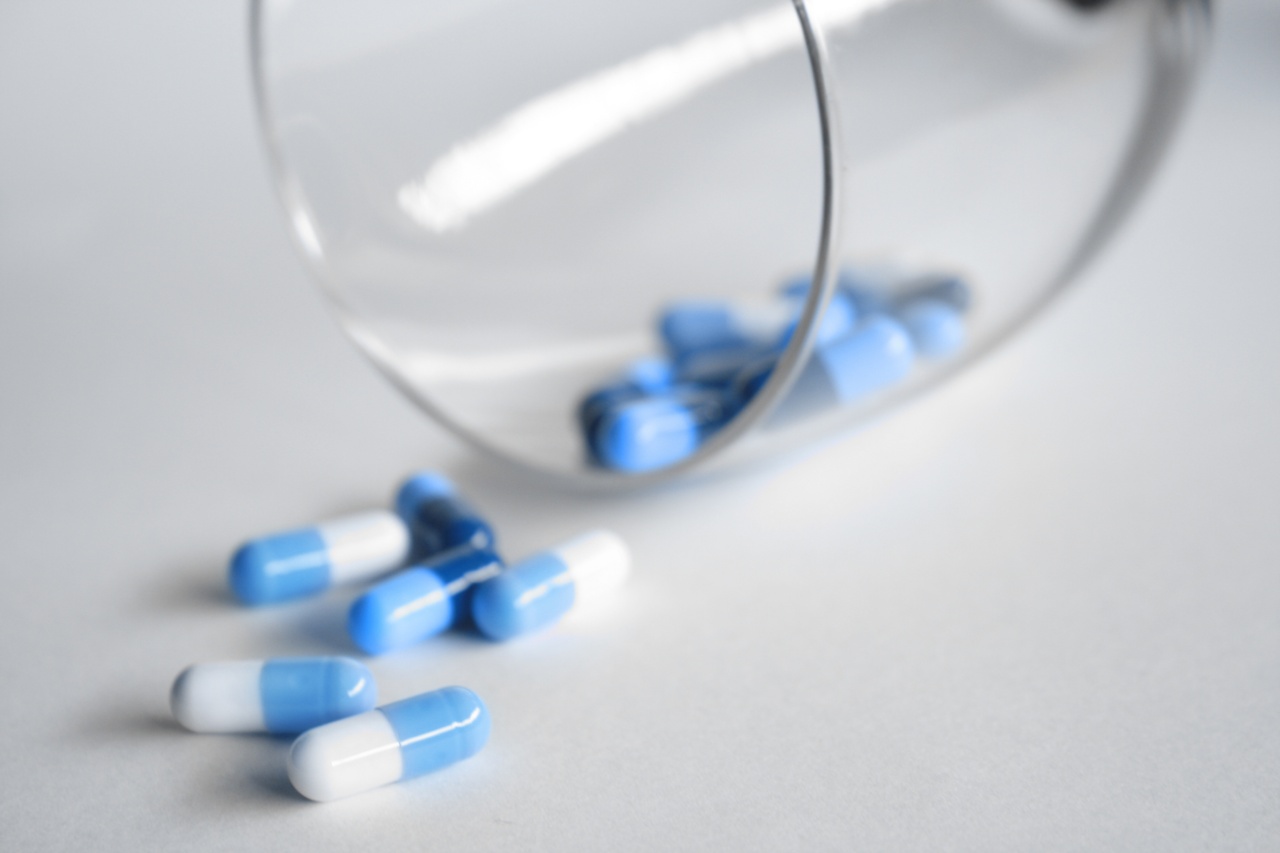A concussion is a type of traumatic brain injury that occurs when a blow to the head or body causes the brain to jar or shake within the skull.
It can lead to a variety of symptoms such as headaches, dizziness, nausea, confusion, memory problems, and more. While it is essential to seek medical attention for a concussion, there are ways to aid in the healing process without relying solely on drugs.
This article will explore natural approaches and strategies to help you heal your concussion faster without the use of drugs.
1. Rest and Relaxation
Rest is crucial when it comes to recovering from a concussion. It allows your brain to heal by reducing stimulation and minimizing activities that may exacerbate symptoms.
It is recommended to get plenty of sleep and take frequent breaks throughout the day to promote healing.
2. Follow Doctor’s Advice
While this article suggests natural approaches, it is crucial to follow your doctor’s advice. They can provide a personalized treatment plan tailored to your specific condition and ensure that you are on the right path to recovery.
3. Proper Nutrition
Eating a well-balanced, nutrient-rich diet can provide the essential vitamins and minerals your brain needs to heal.
Include foods that are high in omega-3 fatty acids, antioxidants, and B vitamins, such as fatty fish, nuts, seeds, fruits, vegetables, and whole grains.
4. Stay Hydrated
Drinking plenty of water helps to maintain optimal brain function and supports the overall healing process. Avoid excessive caffeine and alcohol consumption, as they can dehydrate your body and potentially worsen symptoms.
5. Reduce Screen Time
Excessive screen time, whether it be from smartphones, tablets, or computers, can strain your eyes and worsen concussion symptoms. Limit your screen time and take frequent breaks to give your brain and eyes much-needed rest.
6. Keep Stress at Bay
Stress can hinder the recovery process. Engage in stress-reducing activities such as deep breathing exercises, meditation, yoga, or engaging in hobbies you enjoy.
Taking time for self-care can help decrease stress levels and support the healing of your brain.
7. Gradual Exercise
Engaging in light and gradual physical activity can help improve blood flow to the brain, promoting healing. However, avoid activities that increase your symptoms or involve a risk of head injury.
Consult with your doctor or a qualified healthcare professional to determine what level of exercise is appropriate for you.
8. Cognitive Rest
Cognitive rest involves reducing mentally demanding activities that can strain the brain, such as reading, studying, or multitasking.
Allow your brain to recover by taking breaks from mentally stimulating tasks and gradually reintroducing them as your symptoms improve.
9. Herbal Remedies
Some herbs have traditional uses in supporting brain health and healing. Examples include ginkgo biloba, gotu kola, and turmeric.
Consult with a qualified herbalist or healthcare professional to determine the appropriate herbal remedies for your specific condition.
10. Acupuncture and Massage Therapy
Acupuncture and massage therapy can help promote relaxation, reduce stress, and improve blood flow. These therapies may assist with alleviating symptoms and aiding in the healing of your concussion.
Ensure that you consult with experienced and licensed professionals if you decide to explore these treatment options.































